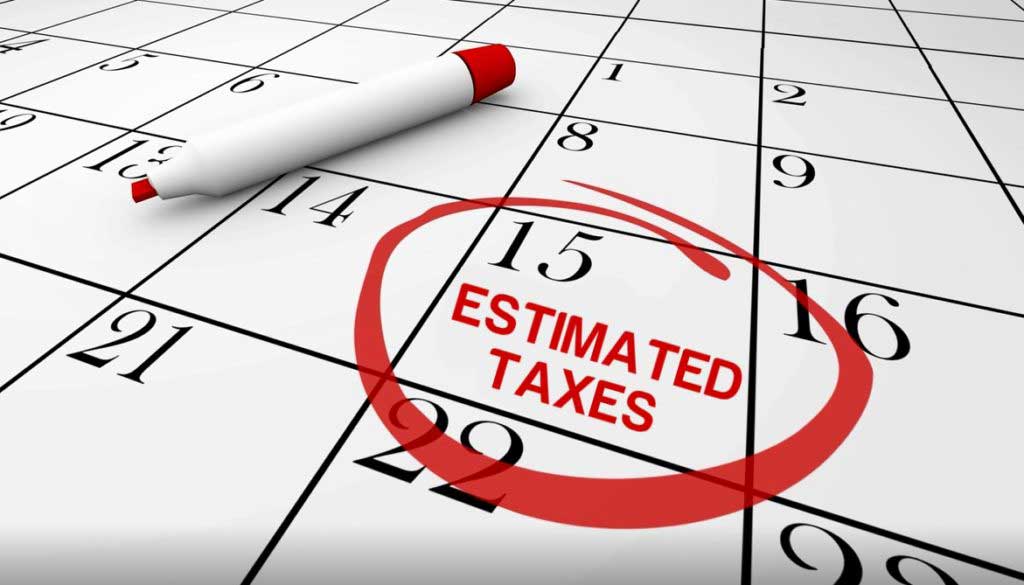
The Canada Revenue Agency (CRA) might have helped you through the lockdown if you lost your job due to COVID-19. The federal government initially announced the Canada Emergency Response Benefit (CERB) that would see qualifying Canadians receive $2,000 per month over 16 weeks. After two extensions, the program’s total length became 28 weeks, and Canadians can receive up to $14,000 through the program.
The CERB is a taxable benefit. The CRA did not deduct the taxes while disbursing the payments. It means that the payment will count as part of your taxable income for the 2020 tax year. If you received any CERB money without qualifying for it, you can repay it to the CRA and avoid paying taxes on the mistakenly received funds.
However, if you truly needed the funds and qualified for it while receiving the money, the CRA will calculate your taxes with the CERB cash you’ve received.
However, before you apply to this federal benefit, you need to know that the CERB is taxable by the CRA.
What are your estimated taxes for 2020?
When you calculate your taxes, you need to remember that you have to pay provincial and federal tax. The federal tax is 15% of the first $48,535 of your taxable income for the 2020 tax year. With the pandemic, you might not have earned a lot of money in 2020.
Suppose you receive a full $14,000 over 28 weeks through CERB, you earned $31,000 besides the CERB before you lost your job for the 2020 tax period, and you live in Manitoba. Your total taxable income will be $45,000, and you will have to pay $6,750 in provincial taxes.
The provincial tax for your taxable income will be 10.8% for the first $33,389 and 12.75% on the next $38,775. It means your provincial tax will come around to $5,086. It means that the total tax bill you can estimate in the scenario above is $11,836. Considering the loss of income due to COVID-19, that can be a hefty tax bill.
It is crucial to estimate your tax preemptively so that you can allocate enough funds to pay off the CRA. The next tax season is several months away, and every dollar you set aside can come in handy to pay off your tax bill. If you have any savings as cash that you did not need to touch because of CERB, you can use it to generate some passive income that can offset the tax bill.
Source: Yahoo News
Newsletters
Newsletter – August 2020
NewslettersEvents & SponsorshipArticles & Publications
Newsletter – July 2020
NewslettersEvents & SponsorshipArticles & Publications
Newsletter – May 2020
NewslettersEvents & SponsorshipArticles & Publications
Newsletter – April 2020
NewslettersEvents & SponsorshipArticles & Publications
Newsletter – March 2020
NewslettersEvents & SponsorshipArticles & Publications
Events & Sponsorship
No Results Found
The page you requested could not be found. Try refining your search, or use the navigation above to locate the post.
Articles & Publications
Lockdown Program and Worker Lockdown Benefit
The Government of Canada Temporarily Expands Access to Lockdown Program and Worker Lockdown Benefit From: Department of Finance Canada News release December 22, 2021 - Ottawa, Ontario - Department of Finance Canada The Government of Canada is committed to supporting...
Legislation to create jobs and implement targeted COVID-19
Legislation to create jobs and implement targeted COVID-19 support receives Royal Assent From: Department of Finance Canada News release December 17, 2021 - Ottawa, Ontario - Department of Finance Canada Today, the Honourable Chrystia Freeland, Deputy Prime Minister...
How to Register for My Business Account
How to Register for My Business Account If you are a business owner and haven't registered your business account with CRA, we encourage you to watch the video or follow the steps below. To get started, go to canada.ca/my-cra-business-account and select "CRA register."...
Essential tax numbers for 2022
Essential tax numbers: updated for 2022 Use this handy list of tax numbers as a quick reference. Working individuals Maximum RRSP contribution: The maximum contribution for 2022 is $29,210; for 2021, it’s $27,830. The 2023 limit is $30,780. TFSA limit: In 2022, the...
December Year-End Readiness Update
December Year End Readiness Update Year-End is almost here! RGB Accounting and ADP want your Year-End to be less stressful and less work. After processing your last payroll for 2021, ADP will automatically run a new Tax Form Trial Run Report. What should you do?...